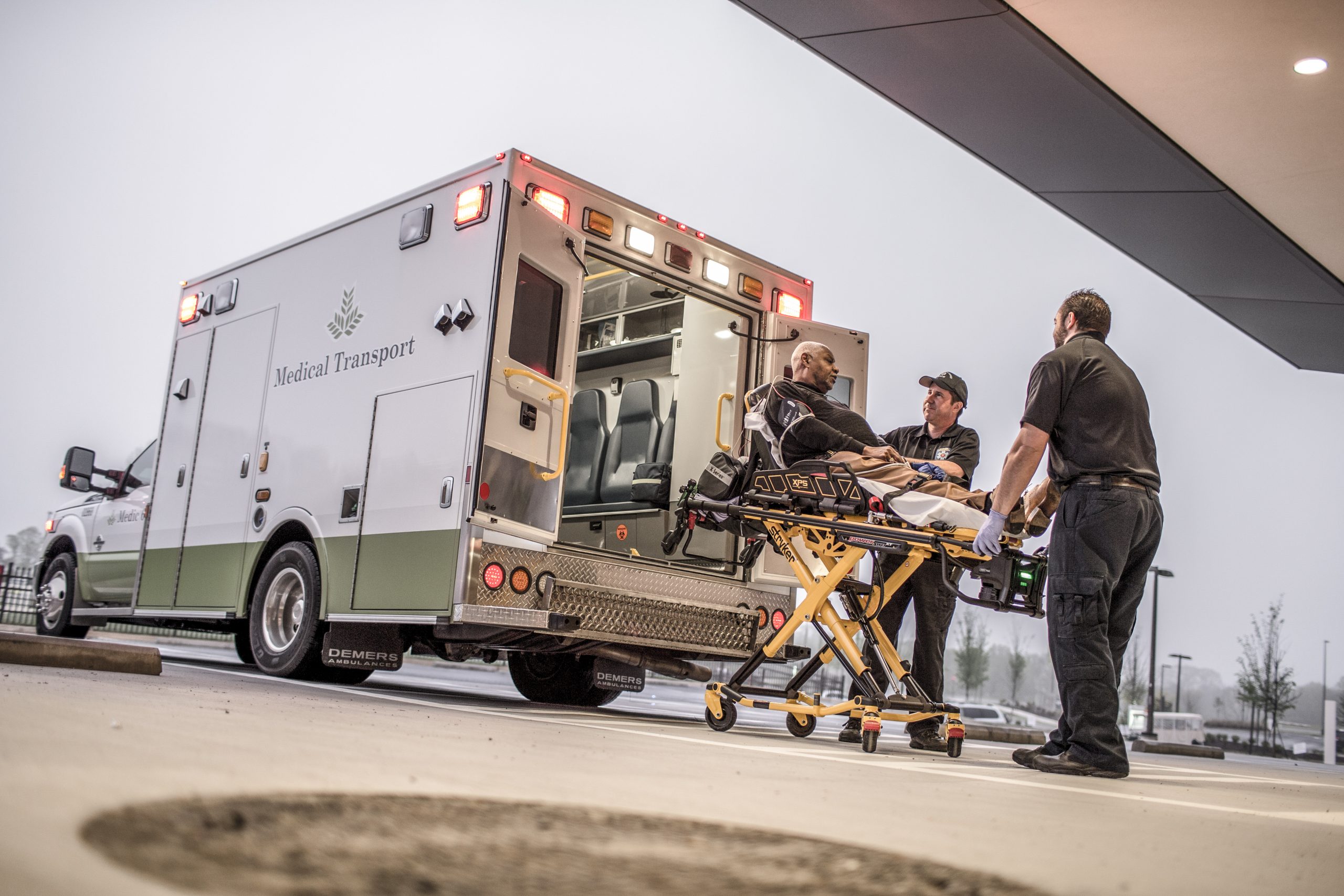When someone experiences major blood loss, getting care quickly can mean the difference between life and death. That’s why Northeast Georgia Health System (NGHS) and Georgia’s Region 2 Regional Trauma Advisory Committee (RTAC) launched a first-of-its-kind program in 2020 to give patients access to blood transfusions before they ever reach the hospital. Now, five years later, the program continues to grow and save lives, administering more than 300 units of blood to over 200 critically ill or injured patients across northeast Georgia.
“This program allows lifesaving treatment to begin right away,” said Kyle Gibson, a nurse practitioner with Northeast Georgia Physicians Group Trauma & Acute Care Surgery and coordinator for Georgia’s Region 2 RTAC. “It’s helping trauma patients, but it’s also making a difference for patients with serious medical conditions or obstetric emergencies. Getting care faster can make all the difference.”
The program began as a pilot led by NGHS and the Region 2 RTAC, making it the first in Georgia. Prior to the pilot program, only medical helicopter crews were allowed to administer blood in the field. The pilot program proved that paramedics could safely provide transfusions during ambulance transport.
“This work wouldn’t be possible without strong partnerships across our EMS partners, our hospitals and trauma care leaders,” said Walter Wiley, executive director of emergency, trauma, observation and EMS services at NGHS. “It takes coordination, training and shared commitment to make this kind of early intervention possible.”
To learn more about emergency and trauma care, visit nghs.com/emergency.
About NGHS
Northeast Georgia Health System (NGHS) is a non-profit on a mission of improving the health of our community in all we do. Our team cares for more than 1 million people across the region through five hospitals and a variety of outpatient locations. Northeast Georgia Medical Center (NGMC) has campuses in Gainesville, Braselton, Winder, Dahlonega and Demorest – with a total of more than 1,000 beds and more than 1,500 medical staff members representing more than 60 specialties. Learn more at www.nghs.com.


